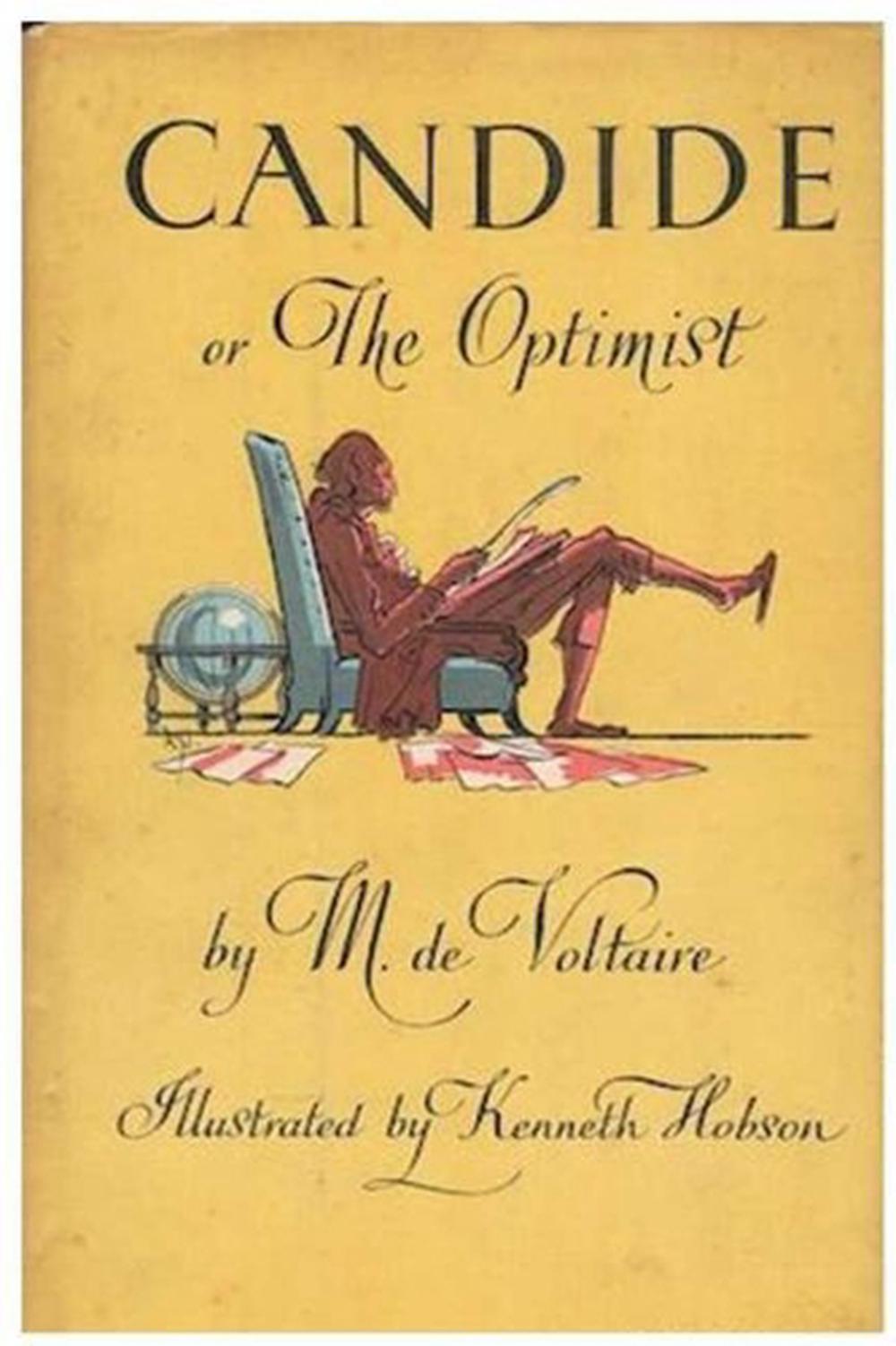


This picaresque tale somewhat resembles Jonathan Swift's Gulliver's Travels as a fantastic travelogue loaded with satirical points, but it's not nearly as imaginative, nor as humorous, except in the most farcical way. Voltaire supposedly wrote his famous satire Candide in three days. But when his love for the Baron's rosy-cheeked daughter is discovered, Candide is cast out to make his own way in the world.Īnd so he and his various companions begin a breathless tour of Europe, South America and Asia, as an outrageous series of disasters befall them - earthquakes, syphilis, a brush with the Inquisition, murder - sorely testing the young hero's optimism. Available for free on Project Gutenberg.īrought up in the household of a powerful Baron, Candide is an open-minded young man, whose tutor, Pangloss, has instilled in him the belief that 'all is for the best'. Hence the epithet Panglossian is still handy as a label for anybody who asserts that progress, development and modernity are natural.First published in 1759, approximately 35,000 words. Voltaire's Enlightenment attack on superstition ironically has led to a dogma of a new kind. While in some ways, this kind of separation of fact and belief is characteristic of modern thought, Voltaire also embodies a critical, skeptical approach which is worth remembering when we encounter latter-day conceptions of “modernity.” In 19th century thinking, modernity was a natural evolution of society away from primitive tradition. Voltaire's position in other writings was to separate natural science from metaphysics. Voltaire was probably making fun of people who used the pretence of reason to defend a religious dogma, like an omnipotent, benevolent deity, which they would never reject anyway. Pangloss insists that this is the “ best of all possible worlds,” resting on circular reasoning, even if the face of absurdly overwhelming evidence. He is modeled on philosophers such as Gottfried Leibniz, who defended an optimistic view of the universe. Doctor Pangloss is a character in the 1759 satirical novel, Candide, or Optimism by Voltaire.


 0 kommentar(er)
0 kommentar(er)
